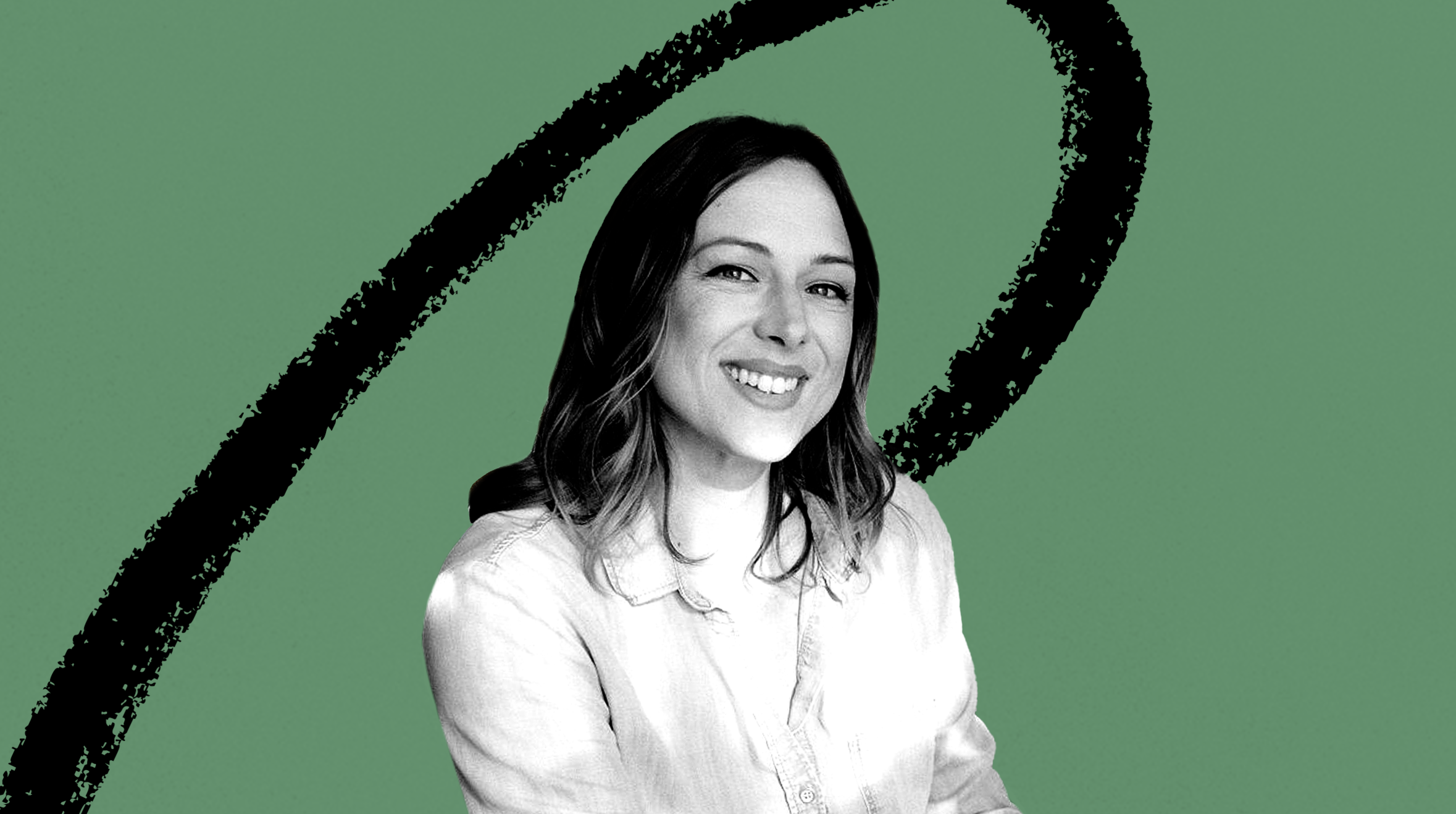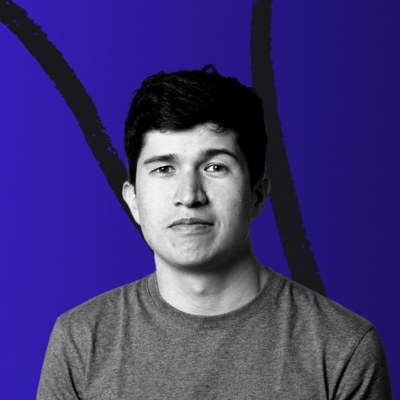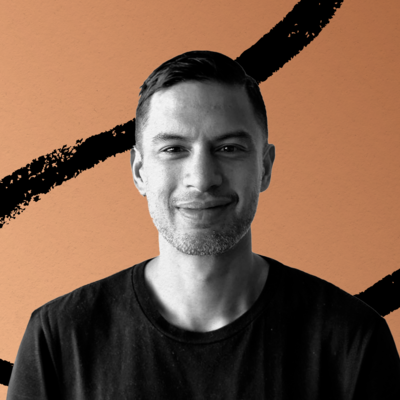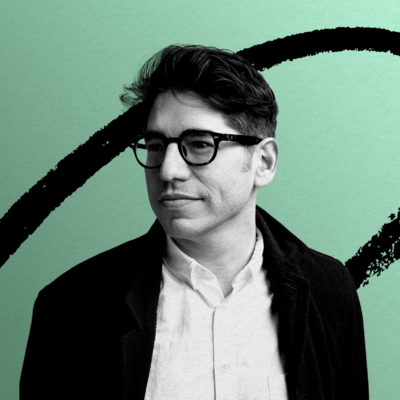
I'm fascinated with how the smartest people in the world get their work done. We're inundated with platitudes about productivity, but rarely do we get to see the nitty-gritty details of a person's daily routine. That's what Superorganizers is about: diving into the details, to see all of the little habits that make up a great work day and a great life. Artificial intelligence has changed what it means to be productive and efficient at work, so we decided to revisit some of our most poignant interviews to understand how their routines might have changed in the era of large language models. First up: designer, teacher, and organizational wiz Marie Poulin.—Dan Shipper
Was this newsletter forwarded to you? Sign up to get it in your inbox.
In 2020, Marie Poulin gave Dan a tour through the most impressive Notion setup he had ever seen. Nearly five years later, we decided to revisit it.
Poulin, a designer and teacher, helps entrepreneurs build “digital ecosystems” around their work, and is perhaps best known for her Notion Mastery course. And it was clear when she and Dan initially spoke that, yes, she had indeed mastered Notion—a digital space where she organized every aspect of her life.
But a lot can change in five years. In the years since their first conversation, Marie discovered her intricate relationship with Notion was partly driven by then-undiagnosed ADHD. She's watched AI transform how we think about creative work. And she's learned that the best organizational systems are the ones that can adapt and evolve.
We caught up with Marie to see how her digital life has changed, what she thinks about AI's role in creativity, and what happens when you build a system that grows with you.
Why did you first start organizing your life in Notion?
It started when I was trying to wrangle the chaos of my permaculture design certificate program [an approach to designing environments—including digital ones—sustainably]. It was in person, and there were handouts, long emails with requirements, and reference materials. I was really struggling to keep the project in my head because there was so much to learn and so many different content format types and places to sift through information.
I'd been using Evernote and Asana at the time, but I had a lot of ”stuff” that didn't fit neatly into notes or tasks, and I needed something that could help me see the bigger picture and details all in one place. Notion seemed to give a lot of that flexibility and optionality.
How have your processes changed since you and Dan last spoke in 2020?
A lot has remained, but the processes are a lot more refined these days. I was diagnosed with ADHD in 2020, which actually opened up my eyes to why I had been so drawn to Notion's flexibility, and why some tools really felt like a struggle for my brain!
The Only Subscription
You Need to
Stay at the
Edge of AI
The essential toolkit for those shaping the future
"This might be the best value you
can get from an AI subscription."
- Jay S.
Join 100,000+ leaders, builders, and innovators

Email address
Already have an account? Sign in
What is included in a subscription?
Daily insights from AI pioneers + early access to powerful AI tools









Comments
Don't have an account? Sign up!